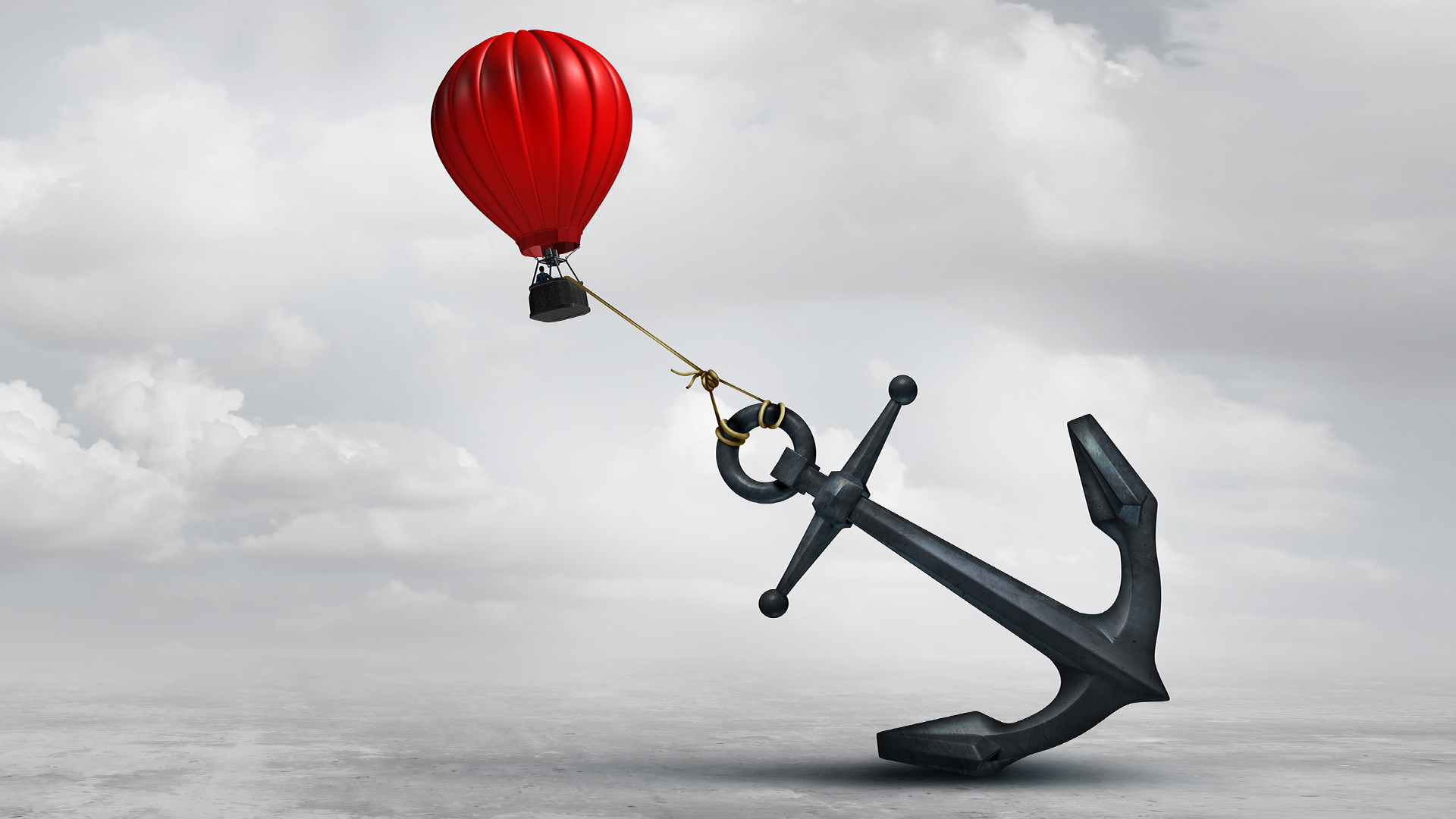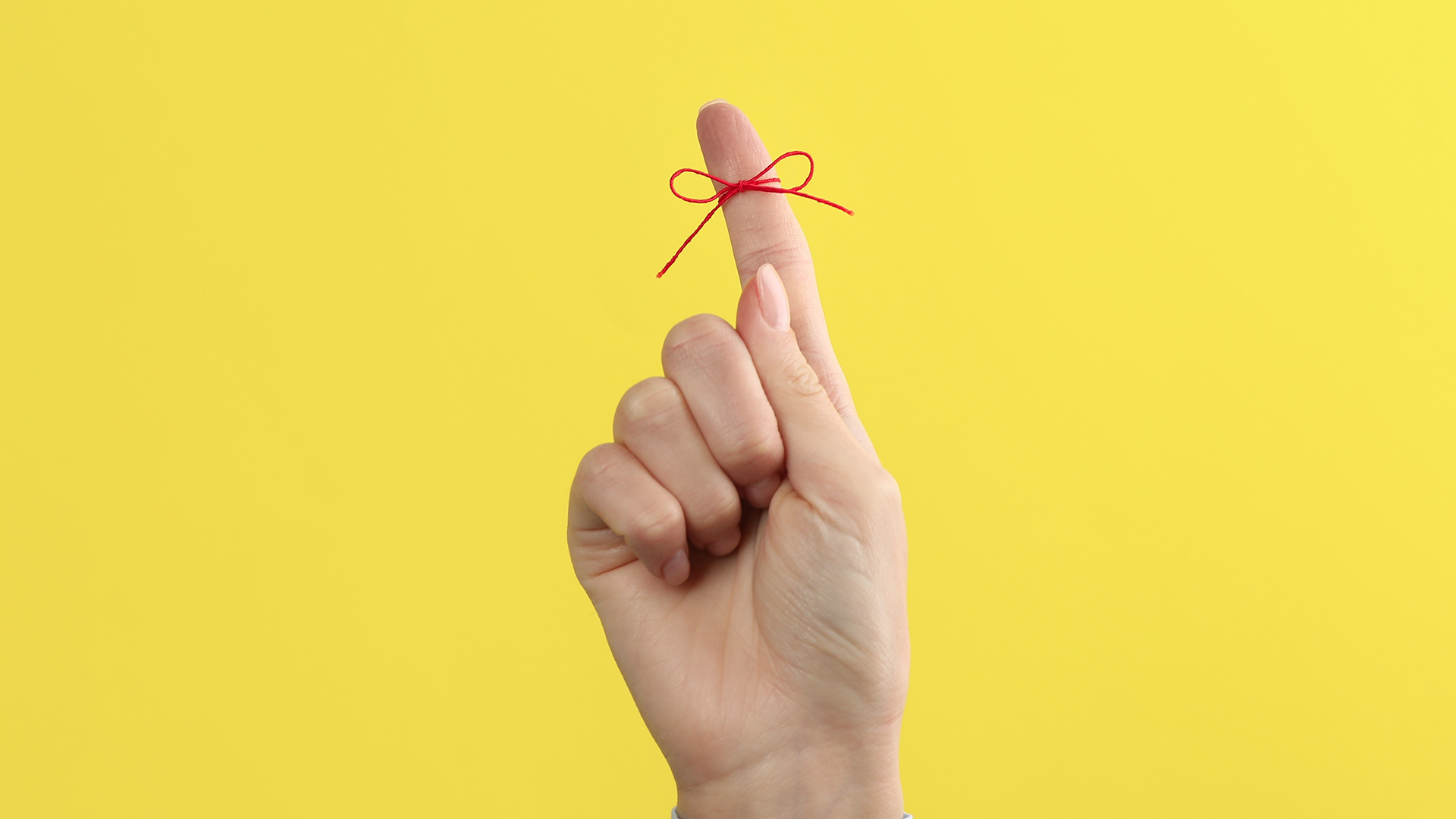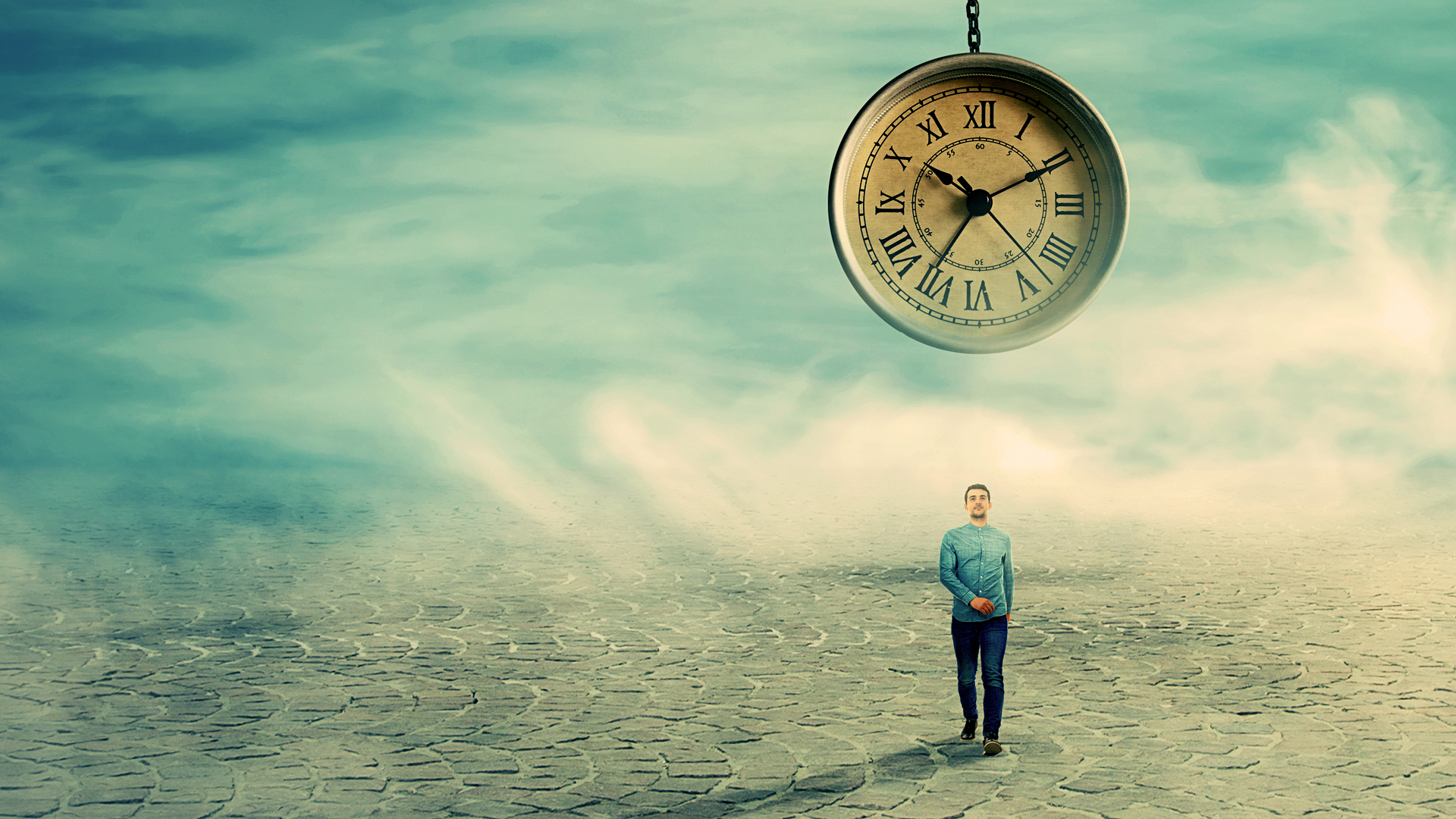(Abraham) dwelt in the land of promise as in a foreign country, dwelling in tents with Isaac and Jacob… they were strangers and pilgrims on the earth. Hebrews 11:9,13
The father of our faith was a nomad. When he chose to leave the land of his fathers, he had to leave lots of stuff behind. How many things could he carry with him on those camels? It’s doubtful his tents had much closet space!
Those who follow the footsteps of Abraham, who call his God their God, are of necessity called to walk in the pilgrim way. And that means taking a good, hard look at all the stuff we’re holding on to.
I began my sojourn in Asia 39 years ago with a backpack and a guitar. As we prepared to ‘fold up our tent’ to return to America recently, we had to make a lot of hard choices.
Even modern-day ‘camels’ wouldn’t be able to haul all the stuff we had collected through the years. Some things needed to be sold or given away; others went straight to the dumpster.
A key quality of nomads is their ability to travel light. It was actually quite liberating to divest. The Children of Israel modelled the pilgrim way as well.
On short notice, they were told to flee the horrors of slavery to Pharaoh. God instructed them to eat their last meal ‘with a belt on your waist, your sandals on your feet, and your staff in your hand’ (Exodus 12:11). Things they held dear had to be left behind as they fled for their lives, only to spend the next 40 years as tent-dwelling nomads in the wilderness.
Lest they forget, every Passover, Jews are commanded to re-enact the night they had to kiss so many of their treasured possessions goodbye. This is not random nor insignificant.
There are at least 24 references in the Bible about being pilgrims. The book of Hebrews refers to them as ‘strangers’ or ‘aliens’, and sometimes ‘pilgrims’ is translated ‘sojourners’.
The application for us today is clear. First, we do not belong here; our true citizenship and identity are not of this world. Second, we’re just passing through. As ‘visitors’ we must constantly remind ourselves that everything we’re involved with here and now is fleeting and temporary.
When it comes to possessions, the proverbial ‘You can’t take it with you’ is not just a cliché. It’s no wonder John Bunyan’s ‘Pilgrim’s Progress’ is one of the greatest literature classics of all time. Written 350 years ago, Pilgrim’s Progress has been translated into more than 200 languages, and is one of the most read books in history – not simply because it was so well-written, but because its message is relevant and eternal.
Christians from every age – indeed, from every nation and culture –can relate to this most basic metaphor that we’re all pilgrims. The moment we say yes to Jesus, we embark on an exhilarating and epic journey of faith. Though we encounter triumphs and tragedy, successes and setbacks, by God’s grace we keep pressing on to our true and lasting home. To the degree we’re able to walk and and reflect the mindset of a pilgrim, our progress will be guaranteed.
Jesus, of course, is the Pilgrim of pilgrims. He perfectly exhibited the standard of being in this world, but not of it. When a rich young man ran up and knelt before Him one day, Jesus loved him, and invited him to follow in His steps.
But one thing stood in the way – stuff. He had amassed lots of it, to the point that its weight and demands made it impossible for this otherwise zealous and sincere man to become a true disciple.
There has never been a richer generation. There has never been a time when the weight and demands of our stuff has had the potential to impede our progress to live as true followers of the Master.
Don’t overburden your camels. The forerunners of our faith were nomads. Our Saviour had no place to lay his head. Travellers and sojourners learn the value, indeed the necessity, of travelling light. The rich young ruler stumbled over this simple truth but ‘went away sorrowful’, unable to walk in the pilgrim way.
May God help us and give us the courage to take stock, do some spring cleaning, and make the hard choices that free us to joyfully follow our Master and Pilgrim to the end.








